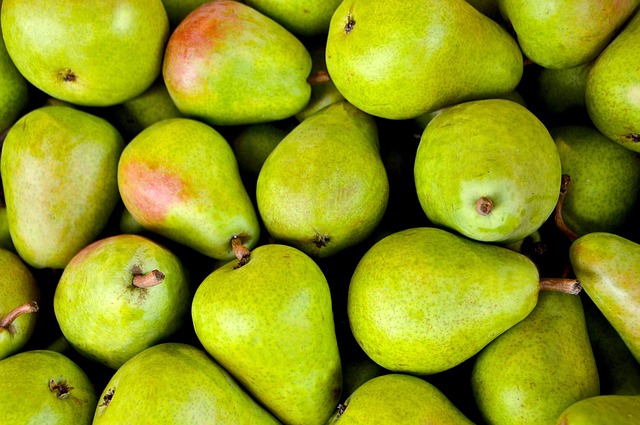Healing from Within: Exploring the Therapeutic Potential of Probiotics
The human body is a fascinating ecosystem where a delicate balance between various microorganisms determines overall health. While bacteria are often associated with illness and disease, there are certain types of bacteria that play a vital role in promoting well-being, both physically and mentally. These beneficial microorganisms are called probiotics, and they have gained significant attention in recent years for their therapeutic potential.
What are Probiotics and How Do They Work?
Probiotics are live microorganisms that, when consumed in adequate amounts, provide an array of health benefits to the host. Most commonly, these microorganisms are bacteria, but certain yeasts and other organisms can also exhibit probiotic properties.
The primary way probiotics work is by colonizing the human gut and promoting a healthy balance of microorganisms. Our gut is home to trillions of bacteria, collectively known as the gut microbiota, which play a crucial role in digestion, nutrient absorption, and immune function. When this delicate ecosystem is disrupted, it can lead to various health problems.
By introducing beneficial strains of bacteria, probiotics help restore harmony within the gut microbiota. They do this by competing with harmful bacteria for resources and space, producing antimicrobial compounds, and modulating the immune system. Additionally, some probiotics can directly influence the activity of the intestinal cells, further enhancing their positive effects.
Health Benefits of Probiotics
The therapeutic potential of probiotics is vast, with numerous studies highlighting their positive impact on various aspects of human health. Here are some of the key benefits:
1. Digestive Health
Probiotics have been extensively studied for their ability to improve digestive health. They can help alleviate common gastrointestinal issues such as diarrhea, constipation, and irritable bowel syndrome (IBS). Certain strains of probiotics also assist in the digestion of lactose, making them beneficial for individuals with lactose intolerance.
2. Immune System Support
A significant portion of our immune system resides in the gut, making a healthy gut microbiota crucial for optimal immune function. Probiotics have shown promise in strengthening the immune system, reducing the risk of respiratory and gastrointestinal infections, and even helping manage allergies.
3. Mental Health and Mood
Recent research has uncovered a strong connection between the gut and the brain, known as the gut-brain axis. Probiotics have been found to positively impact mental health and mood by influencing neurotransmitter production and signaling. They may help alleviate symptoms of anxiety, depression, and stress, and improve overall cognitive function.
4. Women’s Health
For women, probiotics can provide targeted benefits. Certain strains have been shown to help prevent and alleviate vaginal infections, such as yeast infections and bacterial vaginosis. They can also support urinary tract health and balance vaginal pH.
5. Skin Health
Probiotics are emerging as promising tools in promoting healthy skin. They can help manage various dermatological conditions, including acne, eczema, and rosacea. By modulating the skin’s microbial environment, probiotics aid in maintaining a balanced and vibrant complexion.
Choosing the Right Probiotic
With the growing popularity of probiotics, the market is flooded with a wide range of products. To ensure you harness the maximum benefits, it’s important to choose the right probiotic for your needs:
- Strain Specificity: Different strains of probiotics have distinct effects on the body. Research which strains are best suited for your specific health concern.
- Cultured and Living Organisms: Look for probiotics that guarantee live, viable microorganisms until the expiration date. The number of colony-forming units (CFUs) should also be indicated.
- Quality and Purity: Opt for reputable brands that prioritize quality control measures and provide transparency about the sourcing and manufacturing process.
- Delivery Method: Probiotics come in various forms such as capsules, powders, and even certain foods. Choose the delivery method that suits your lifestyle and preferences.
Incorporating Probiotics into Your Life
Add more probiotic-rich foods to your diet, such as yogurt, kefir, sauerkraut, kimchi, and miso







